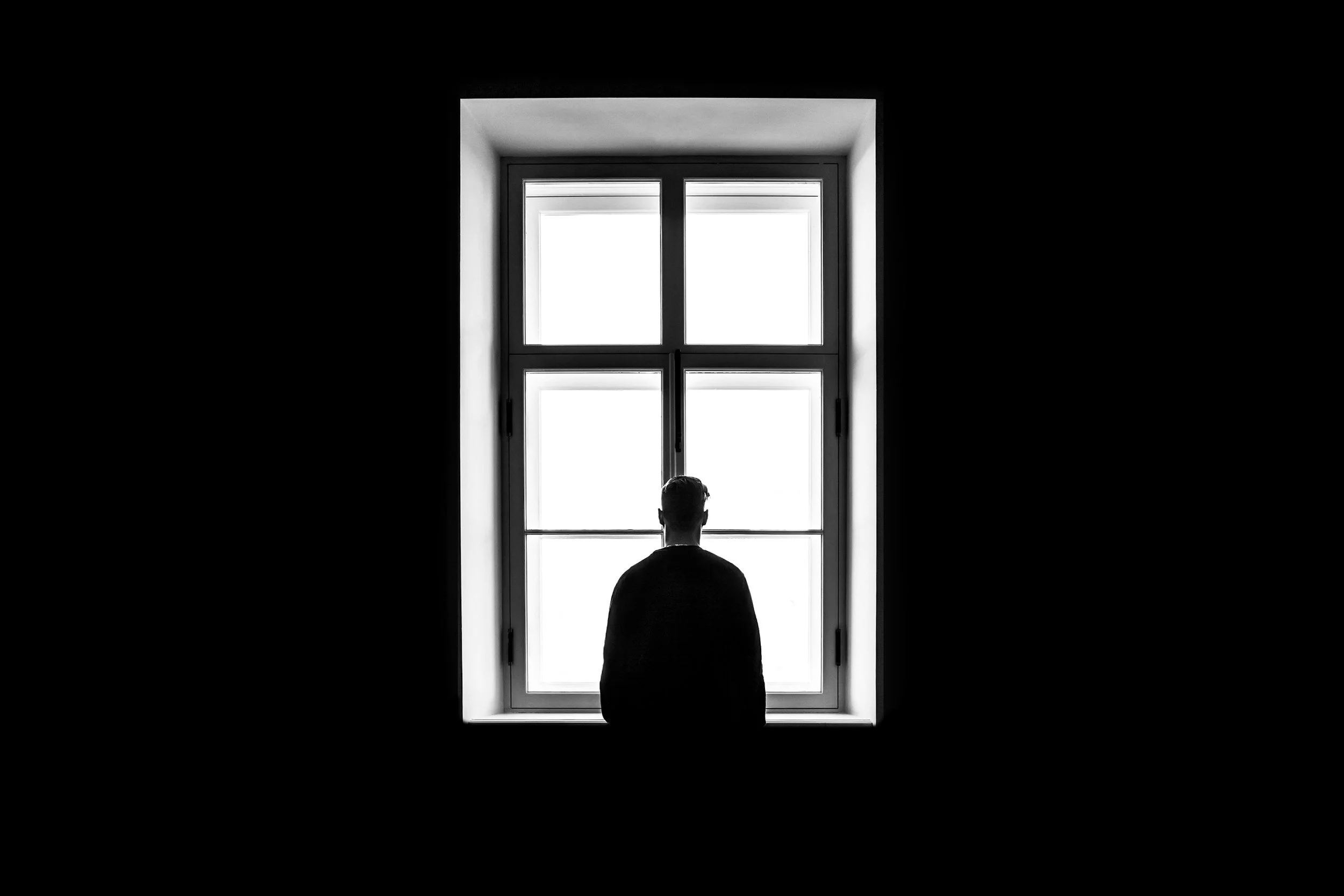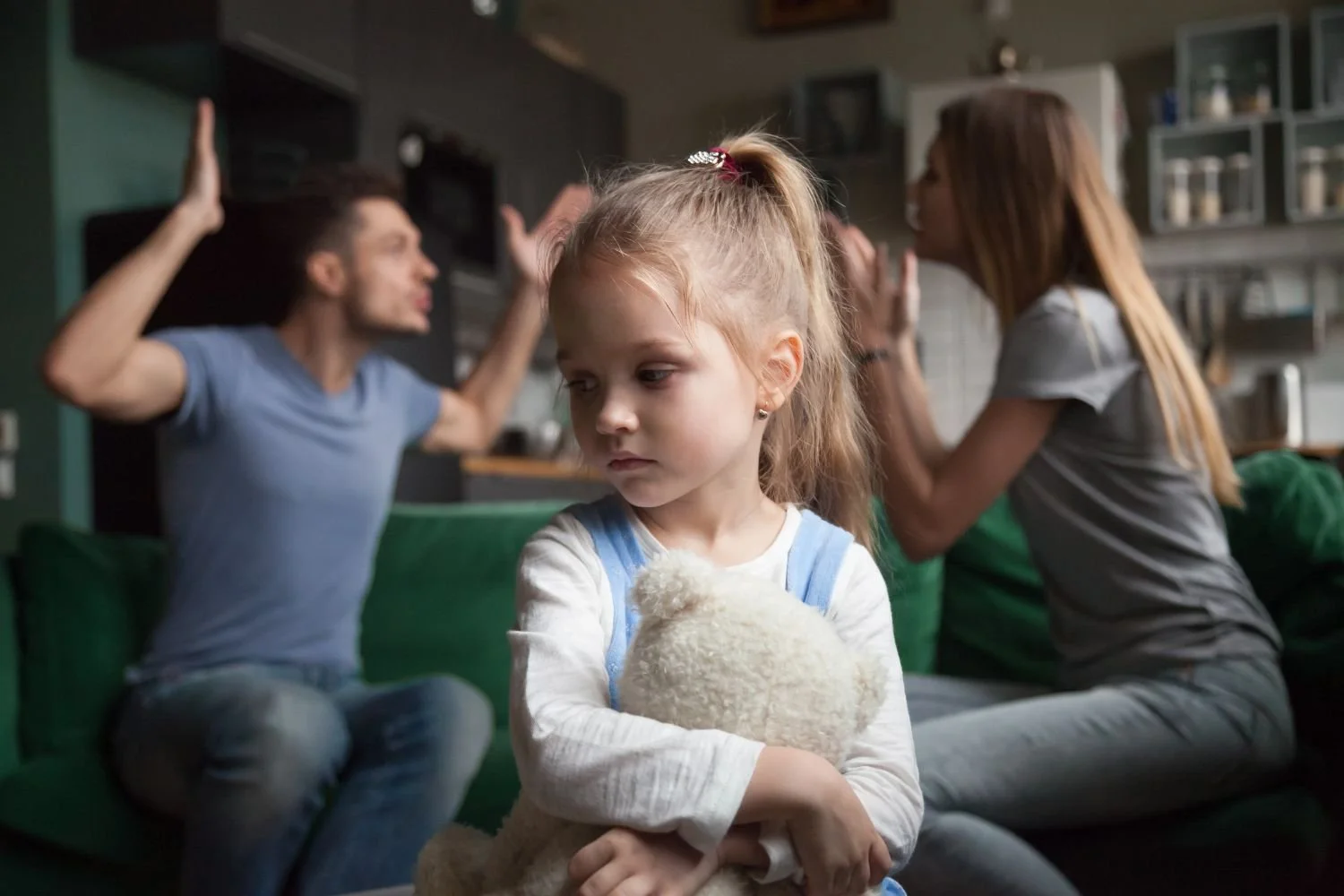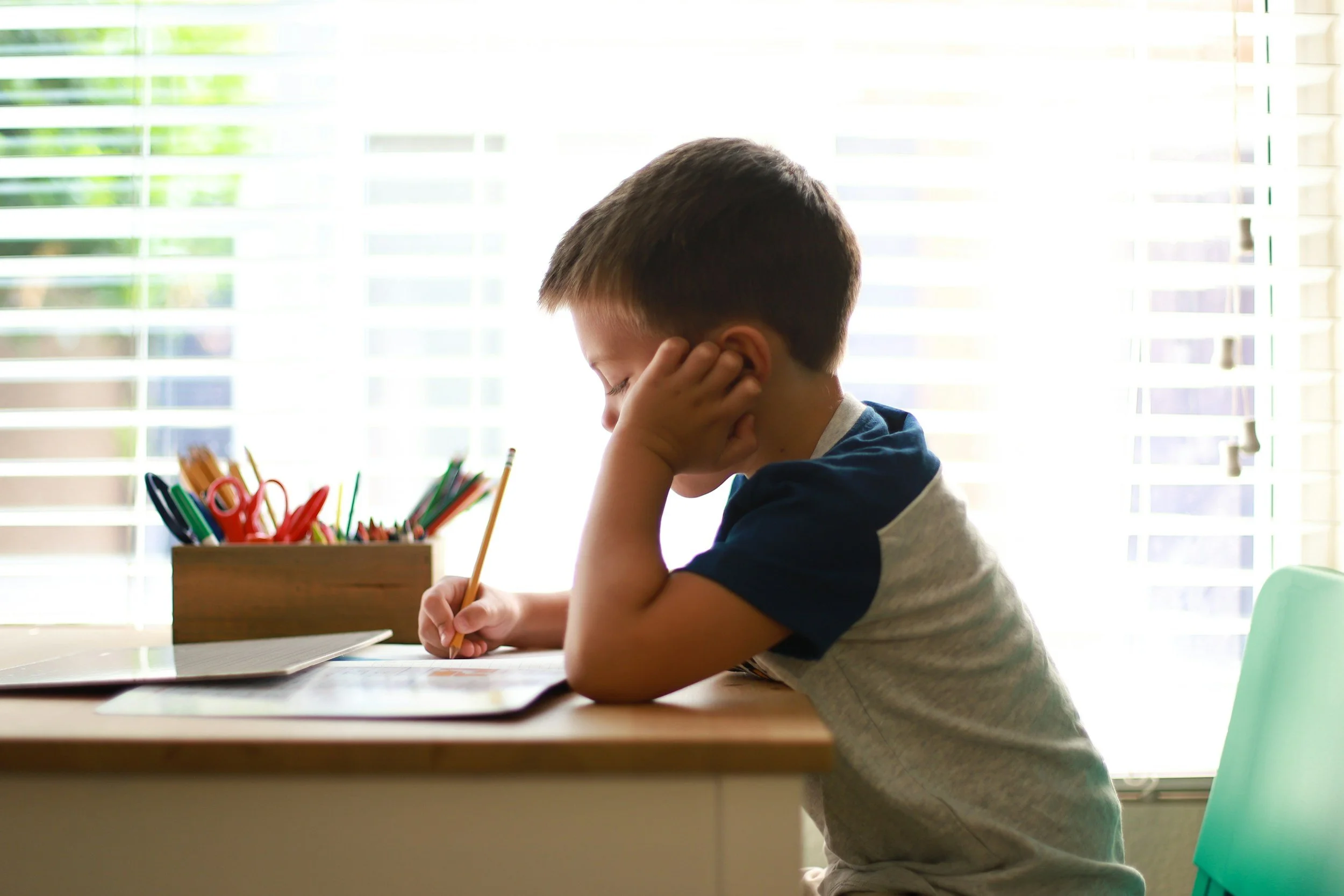What is Learned Helplessness and How to Overcome it?
Have you ever been stuck in a pattern of thinking that no matter what you do, you cannot change the situation, overcome a challenge or that everything that seems to go wrong is your fault? Do you tend to blame yourself when things don’t go right, but brush it off as luck when things work out?
If this sounds familiar, you’re not alone, and it might be a sign of learned helplessness, which is a pattern of thinking that can have very real consequences on your life, your relationships and your ability to achieve your goals.
In this blog post, we break down what learned helplessness is, how this pattern of thinking develops and some steps you can take to change it.
Learned Helplessness - What is it?
Learned helplessness is a way of relating to the world and is commonly experienced by those struggling with depression or who have had exposure to a lot of uncontrollable negative or traumatic events in their lives.
Learned helplessness is when you take on responsibility for all the bad things, and consider them as being a result of your own shortcomings or personal failings. For example, ‘bad things that happen = all your fault.’ At the same time, you feel that anything good that happens is due to luck or circumstance and not a personal achievement based on your ability or effort.
This can create a state of utter powerlessness as you feel that you have little influence to realize your goals, and that if you do take effort, it is probably going to end up in failure because of your deficiencies. This leaves you feeling that outcomes are left to situational factors and you have little influence or authorship over your life.
What are some examples of learned helplessness?
Someone who has this way of thinking will assume that if a relationship ends, they are the sole cause; that there is something (or many things) fundamentally wrong with them as a romantic partner. They take all of the blame.
We know that it takes two for a relationship to not work and there could be a million reasons why they can fail. However, when someone is stuck in learned helplessness, instead of considering these possibilities, this person will ignore alternatives and attribute this outcome to themselves.
A person with this same style of thinking who does well on a test will attribute this to circumstance; that they got lucky. For example, it was an easy exam or the examiner must have been an easy marker.
If that same person gets promoted at work they will attribute it to another person’s good will or because of happenstance: “I only got promoted because there was no one else at the company to fill the role…”
This pattern of thinking creates a lose – lose situation. It can lead to a profound sense of helplessness… “I am damned if I do, damned if I don’t.”
How Can Learned Helplessness Develop?
We believe that learned helplessness develops based on personal experiences; experiences that are typically derived from a harsh or overly critical environments. This can include how you were parented, if you were extensively bullied in school or if you struggled academically due to issues related to things like neurodivergence.
Learned Helplessness; An Outcome of Abusive Environments
Environments that foster learned helplessness can often involve growing up in an abusive, punishing and chaotic household in which the child has little control or ability to influence their experiences.
To illustrate this point, imagine a child who grows up in an abusive home with a parent who struggles with alcohol addiction. When the parent is impaired, they respond with aggression and hostility, and the child falsely assumes these behaviours are an outcome of their actions. This is a tendency of children, especially younger children who still experience something called “egocentric thinking," meaning that they tend to make things about themselves. They assume their parent’s actions while impaired are because “I am bad, I shouldn’t make them upset, etc.”
In doing so, the child tries to make sense out of the parent’s reactions by assuming responsibility for an outcome that isn’t theirs to take on.
On the other side, when the parent isn’t under the influence, they are making up for negative interactions, playing and engaging with the child — providing the child with rewarding interactions irrespective of the child’s behaviours or good choices. In this way, the child experiences the environment as confusing, inconsistent and chaotic. They may be punished for a behaviour on one day and rewarded for the same behaviour the next.
In these contexts it makes sense that the child learns to see outcomes as being based on luck, while attributing negative outcomes to themself.
We understand now that our experiences with our caregivers generalizes to other areas of our lives and this means this same child is likely to generalize their relationship with an abusive parent or their learned helplessness to other settings including school, romantic relationships and work.
Learned Helplessness and Neurodivergence
In our clinical experience, learned helplessness is not only the outcome of an abusive environment. Another example is someone who struggles with an issue like Attention Deficit Hyperactivity Disorder who goes undiagnosed in grade school and finds themselves getting into trouble over and over again with teachers and principals because of their unique style of learning or inability to remain still, as it clashes with the standard classroom setting.
They may be put in a box by teachers and administrators and frequently receive punishments for not being like the other kids. As they develop a reputation for being the difficult or poorly behaved child, when they do something well, these behaviours may not receive sufficient attention or properly reinforced because teachers have grown frustrated with their challenging behaviours. In turn, their positive efforts may go ignored or underattended to by teachers and caregivers.
This child may learn that they are “no good”, assume that when bad things happen, it is their fault and that they cannot positively influence the outcome or situation.
These patterns and these fixed beliefs can have some really devastating effects over the lifespan including underperformance, negative esteem and, as we mentioned earlier, may increase the risk for issues like depression.
How to Overcome Learned Helplessness?
So, how can we change learned helplessness?
We have to start paying attention, and being able to recognize the roots and origin of the story to your patterns. It’s helpful to know why we think the way we do, because it then helps us to analyze whether it’s still relevant to what’s happening right now. For example, maybe you grew up in a harsh and critical home environment, but you no longer live there. Recognizing this shift in context can then help you to acknowledge that these thoughts are ghosts from the past which may have little bearing on your current reality.
It is equally important to identify learned helplessness as being an overly harsh way of thinking about yourself, and it’s ultra important to exercise grace and self-compassion while you work to change this. You can unlearn this pattern with time, practice and compassion, and it is important to try and be gentle with yourself along the way.
In terms of strategies to change your thinking, when something bad happens, rather than assuming it was all your fault, take the time to consider alternatives that may have led to the outcome; ask yourself, “what else could be/is true in this situation? Were there other factors or things outside of my control that influenced or contributed to this outcome?” You may also want to ask yourself, “what if [any person you deeply care about] was in the this same situation, what would I tell him or her?”
We want to be cautious of failing to take responsibility for things that do work out. If you get promoted at work or you get a compliment from a colleague, rather than dismissing it or excusing it, own it! “I worked hard for this” rather than than “I just got lucky.” It sure sounds a lot better, doesn’t it? It feels better too. Trust us.
Trying to break this style of thinking takes work and effort, but your thoughts and mindset are a powerful force if you practice using them for good.
Without practicing reframing and considering alternate truths, leaving learned helplessness unchecked is a sure way to stay stuck.
Need Help Overcoming Your Learned Helplessness?
As we have reviewed, learned helplessness can shape how we see ourselves and our world, making us feel stuck, ashamed, and powerless. It often shows up when we’ve faced repeated situations where our efforts didn’t seem to matter, and over time, we stop trying because we’ve come to believe that we cannot create or realize change.
But that belief does not need to be the end of your story. With practice, self-compassion, and a willingness to challenge those old stories, it is possible to break free.
Whether you're working to overcome learned helplessness, build resilience, or navigate one of life’s many challenges, you don’t have to do it alone. Book a free consultation today. We're here to support you.




